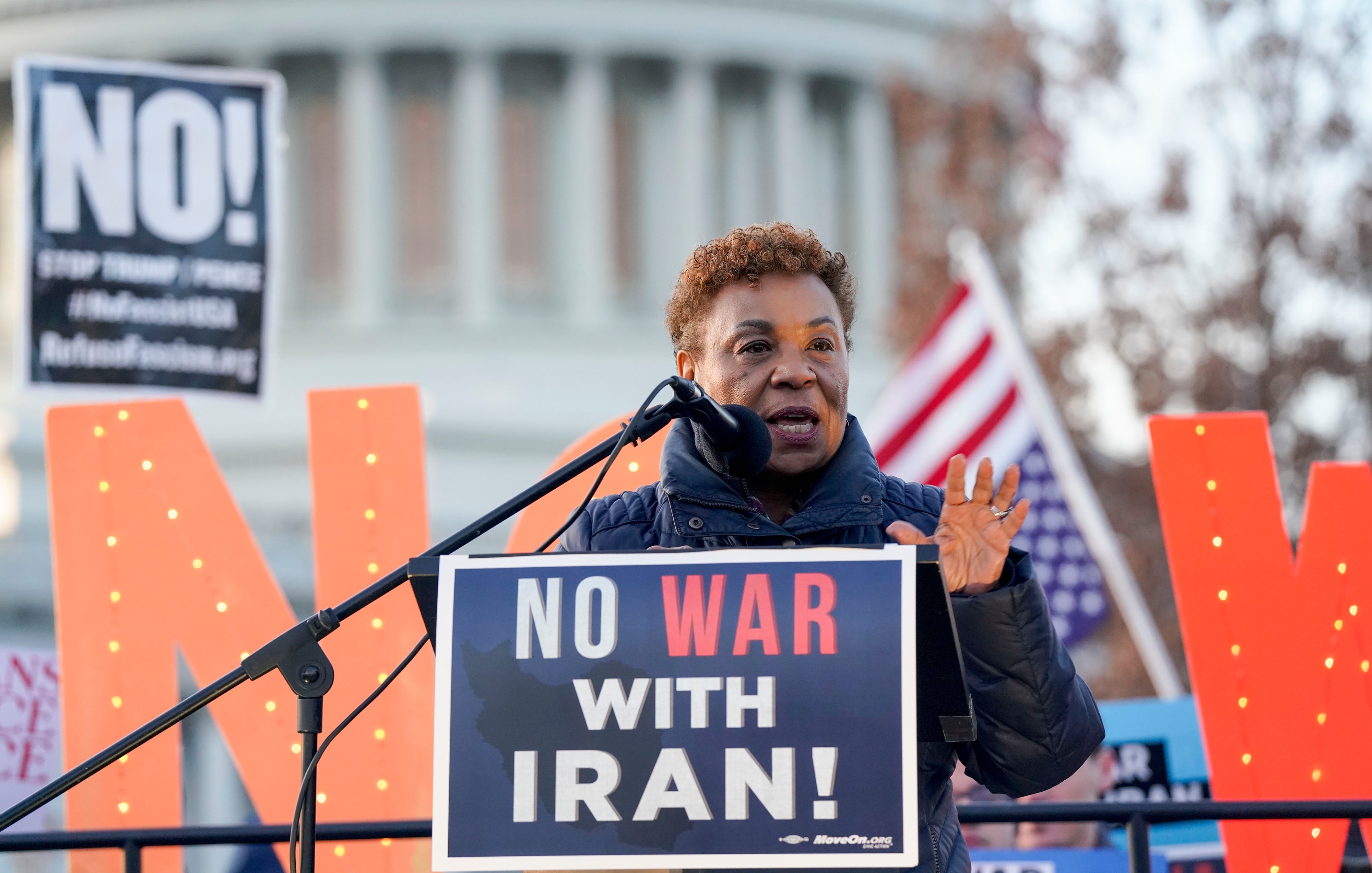We are on the cusp of the 18th commemoration of the Sept. 11 attacks. Those of us who lived through that chilling day will doubtlessly have thoughts about where we were, who we were with and what we did. I was a 23-year-old television reporter, six weeks into a new job at the ABC station in Columbia, Missouri, covering the local response. Six years later, I commemorated the anniversary of the attacks from Iraq, where I was then serving as a Marine tank platoon commander after putting my journalism career on hold.
It goes without saying that we should remember that tragic day and continue to honor those who were lost. We should also remember the young men and women we continue to send overseas to fight in response to the atrocities perpetrated against us that day.
American troops, an increasing number of whom have no memories of that day, are deployed throughout Central Asia and the Middle East based on the two authorizations for the use of military force passed by the 107th Congress in 2001 and 2002. These laws have been interpreted by three presidents to justify sending the military to at least 18 countries since their passage. In that time, 7,052 American troops have been killed, with another 53,244 wounded. Coalition forces and contractor employees have sustained high casualties as well.
Casualty numbers have tapered off dramatically in recent years, but overseas deployments continue, despite the Trump administration’s promises to secure a peace deal to withdraw the troops. And there is little to stop whoever happens to occupy the White House from beginning a new campaign tomorrow, which is concerning no matter who the president is.
For perspective on just how absurd this would be, imagine if President Ronald Reagan launched a fresh attack against the North Vietnamese during the first year of his presidency based on the 1964 Gulf of Tonkin Resolution. If the president were to begin a new campaign today based on the 2001 AUMF, it would be equally preposterous.
The war in Afghanistan (2001-present) overtook the Vietnam War (with America’s involvement lasting from 1955-1973) as the longest in American history in February 2019. The United States fought in World War II for three years and eight months. That war could have been fought more than five times over in the time we have spent in Afghanistan.

During the course of the war on terror, Brown University’s Costs of War Project estimates Congress has obligated an estimated $5.4 trillion to cover its myriad costs. Researchers estimate the United States will spend at least another $1 trillion to care for the veterans of these conflicts over the next 40 years.
Very few of the elected officials in Washington today played a part in the passage of the 2001 AUMF. Of the 98 senators who voted for the law (two abstained and none voted against), only 18 still serve in Congress. In the House of Representatives, only 67, or a mere 15 percent, of the current 435 members were serving at the time of the vote in 2001.
RELATED

Congress has made several halfhearted efforts to take back its authority to decide matters of war and peace. The latest, a bipartisan effort in the House, would have required the White House to get Congress to sign off on any new military deployment where the United States is currently not engaged. But it never made it to the House floor for a vote.
Congress must start exercising its constitutionally mandated war powers. Accomplishing this requires an important first step: Both houses of Congress must work together to repeal the current AUMFs used to wage these endless wars.
If the members decide a threat to our national security warrants continued military action, they could replace the current open-ended authorizations with a new one, but it must be significantly more limited. Any future war authorization should include a specific sunset provision so that the authorization expires in the initial months of any new Congress, so each Congress must weigh in on the issue. Congress already does this with the Foreign Intelligence Surveillance Act.
Future authorizations should also specify the kind of forces to be used and limit them to a specific threat. A lesson everyone should have learned over the past 19 years is that all administrations will exploit any ambiguity in the law for their own policy aims.
Potential vetoes aside, many members of Congress are unwilling to take responsibility for our wars. In the right setting, some will even tell you as much. I sat in on a recent video chat with Rep. Joaquin Castro, D-Texas. When asked about repealing the current AUMFs, he told the audience that many members were reluctant to back such a proposal because they feared the political backlash from their constituents.
The point here is not necessarily to put a stop to the forever wars. Restoring Congress to its rightful place in the most basic matters of national security should restrain whoever occupies the White House from entering into yet more future conflicts.
Dan Grazier is the Jack Shanahan military fellow at the Project on Government Oversight. He served in the U.S. Marine Corps and was deployed to Iraq and Afghanistan. He left the service as a captain.








